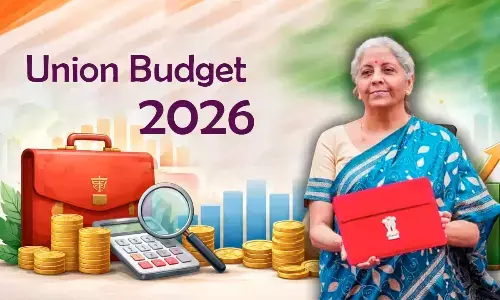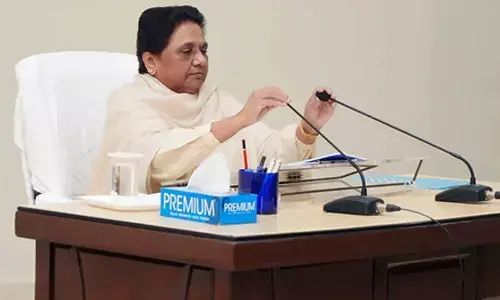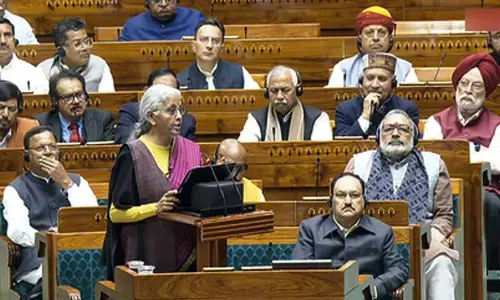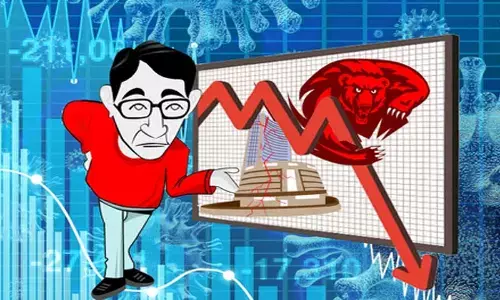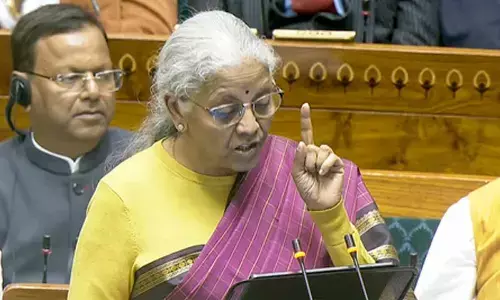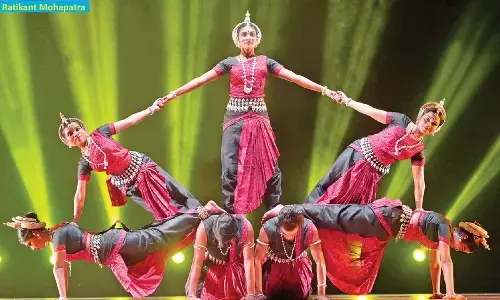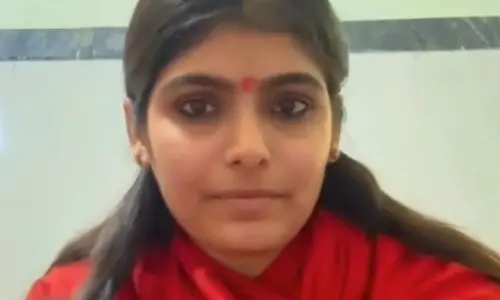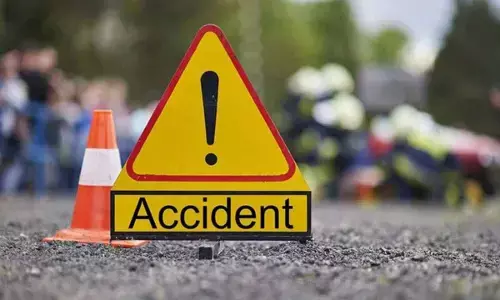Covid-19: Game changer for Indian education sector
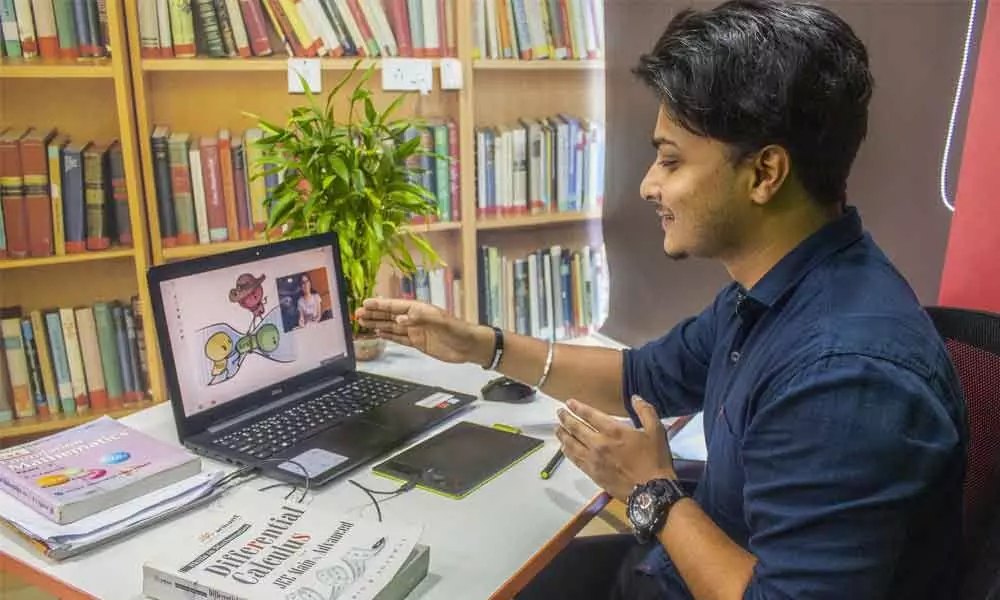
The whole world, including India, is passing through unprecedented difficult times due to the outbreak of Covid-19 pandemic.
The whole world, including India, is passing through unprecedented difficult times due to the outbreak of Covid-19 pandemic. As all universities, colleges and schools are closed due to national lockdown, the teaching-learning processes and research activities have been badly disrupted.
The University Grants Commission (UGC) and other apex education bodies issued Covid-19 specific guidelines for Indian Higher Education Institutions resulting in about 1,000 universities and about 40,000 colleges temporarily closing, students being asked to go home and efforts being undertaken to online teaching. These measures have varying degrees of impact on 3.75 crore students and 14 lakh faculty members.
After Independence, for the first time, the country is facing such a situation. This year, close to 1.44 crore students are appearing for school leaving examinations. Of these, about 50 lakh students will be looking to enrol in higher education institutions. We need to carefully design our admission process, form curriculum such that 25 per cent of teaching online and 75 per cent of teaching face-to-face as proposed by the Minister for Education Dr Audimulapu Suresh and also as suggested by the UGC.
Remote learning, distance learning, home learning, online learning, e-learning and webinar are the buzzwords of the day. Teachers working in elite schools in cities and big towns may proudly state that they conduct classes online. What about teachers working in government schools, ZP high schools, panchayat schools in rural areas?
Our students belong to GenZ born between 1997 and 2010 in digital era and are familiar with computers, multimedia content and internet-based activities from an early age. Now, it is right time to move our classes to a different platform introduce e-learning and develop learner autonomy.
The Covid-19 lockdown has enabled teachers to become creative. They can now create e-material such as YouTube videos and PPTs and share the links with the students and engage them during the lockdown period. Some teachers are using video conferencing such as ZOOM and Blue Jeans meetings, CISCO WebEx meetings etc., for online teaching.
In a country where access to the internet and high speed connectivity is still a problem and the digital divide is an issue, it is important to address these challenges. There is need to establish "Digital and Online Education Wing" in the Departments of Higher Education.
Every year, more than 1,00,000 students go to American universities for Masters (PG) programmes in different disciplines. In the present crisis, and during the present academic year, a pertinent question arises, how many students may go to American universities for higher education. Of course, different surveys are giving divergent projections.
Economic slowdown may cause students and parents to rethink investing in post graduate courses abroad. Further, because of Covid-19 pandemic, students and parents very much prefer admissions in Higher Education Institutions (HEIs) regionally.
Sanjeev Sanyal, Principal Economic Advisor said, "International passenger travel would be locked down for a long time, may be a few months, as much of the world remains unsafe."
Dr Srinath Reddy, President of the Public Health Foundation of India and member of the ICMR's Covid-19 task force said, "We still have to be prepared for a possible resurgence and we cannot let down our guard till April or May next year."
It could be expected that only about 50,000 students may be able go to US universities for higher education. Then the question arises, what are the destinations for the other 50,000 students? These 50,000 students cannot be left to their fate, which is unfair on the part of the society, education system and the government/s. Ministry of Human Resource Development (MHRD) could proactively take the initiative of inviting (through a webinar) top 50 institutions of the country and discuss of designing new and exciting PG programmes.
Of course, for programmes, which need intensive laboratory training, there may not be a readymade solution. As an interim measure, sophisticated experimental facilities such as TEM, FESEM, XPS, Raman Spectrometer, XRD, NMR, RTPCR, NGS, clean rooms of different classes etc., available at some of the premier institutions, CSIR laboratories, DST, DBT and DRDO institutions (which are underutilised) could be used to start with.
Due to Covid-19 pandemic, several MNCs are pulling out their operations from China and they may prefer India as Indians are honest, reliable, committed, passionate, talented, hardworking and of course with high intellectual capabilities. Simultaneously, the Government of India is planning the development of necessary infrastructure, power subsidy etc., and creating conducive environment for the ease of doing business in the country. Thus the government/s could create opportunities to fulfil the aspirations of the talented youngsters who will be coming out of our educational/technical institutions.
Thank Covid-19! Our time has come, and it is India's turn to take advantage of post Covid-19 opportunities. The pandemic should have a positive impact on our education system. It should not be the same after the situation eases. There should be some positive changes.
Post-Covid-19 could be a game changer for education sector in the country, if we use the technology very effectively and make use of the opportunities. India is known for its capabilities to convert a crisis into an opportunity.
(The author is Pro Vice-Chancellor of
SRM University, AP, Amaravati)








